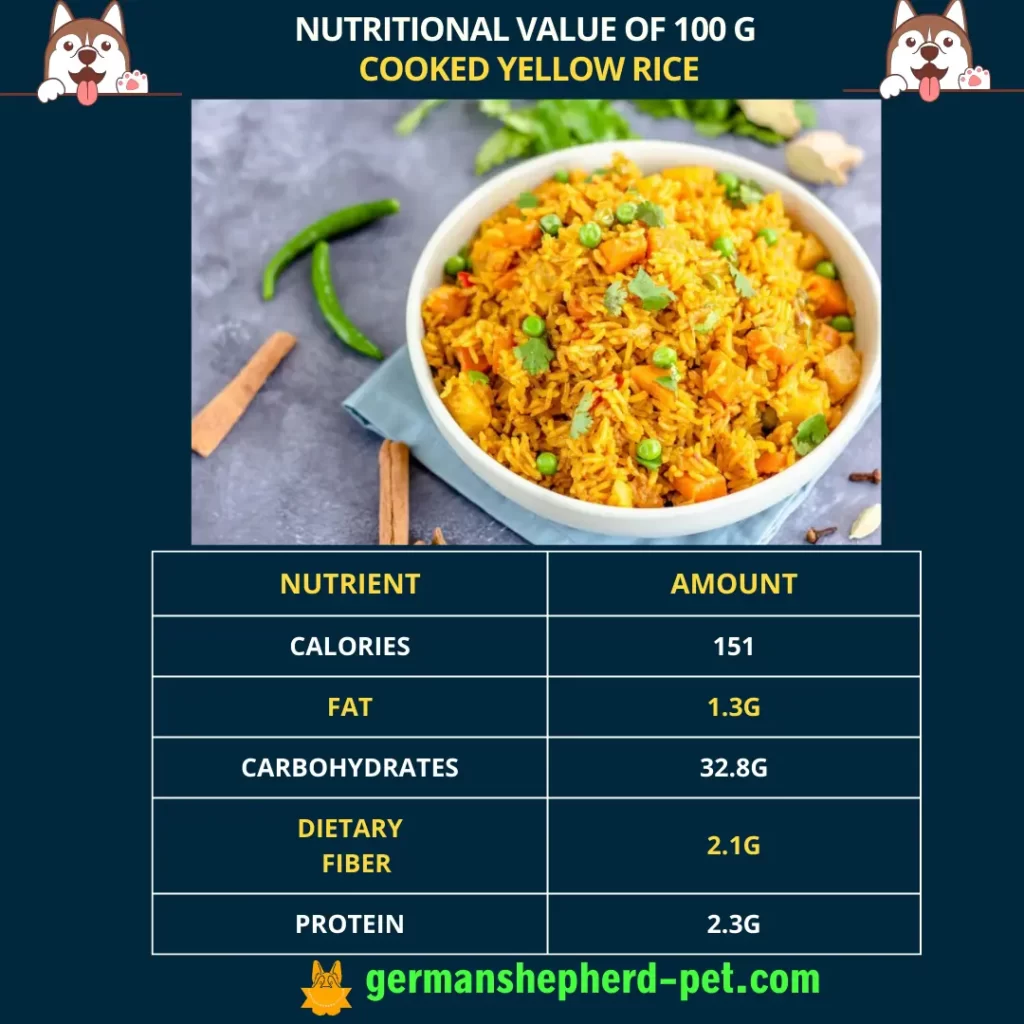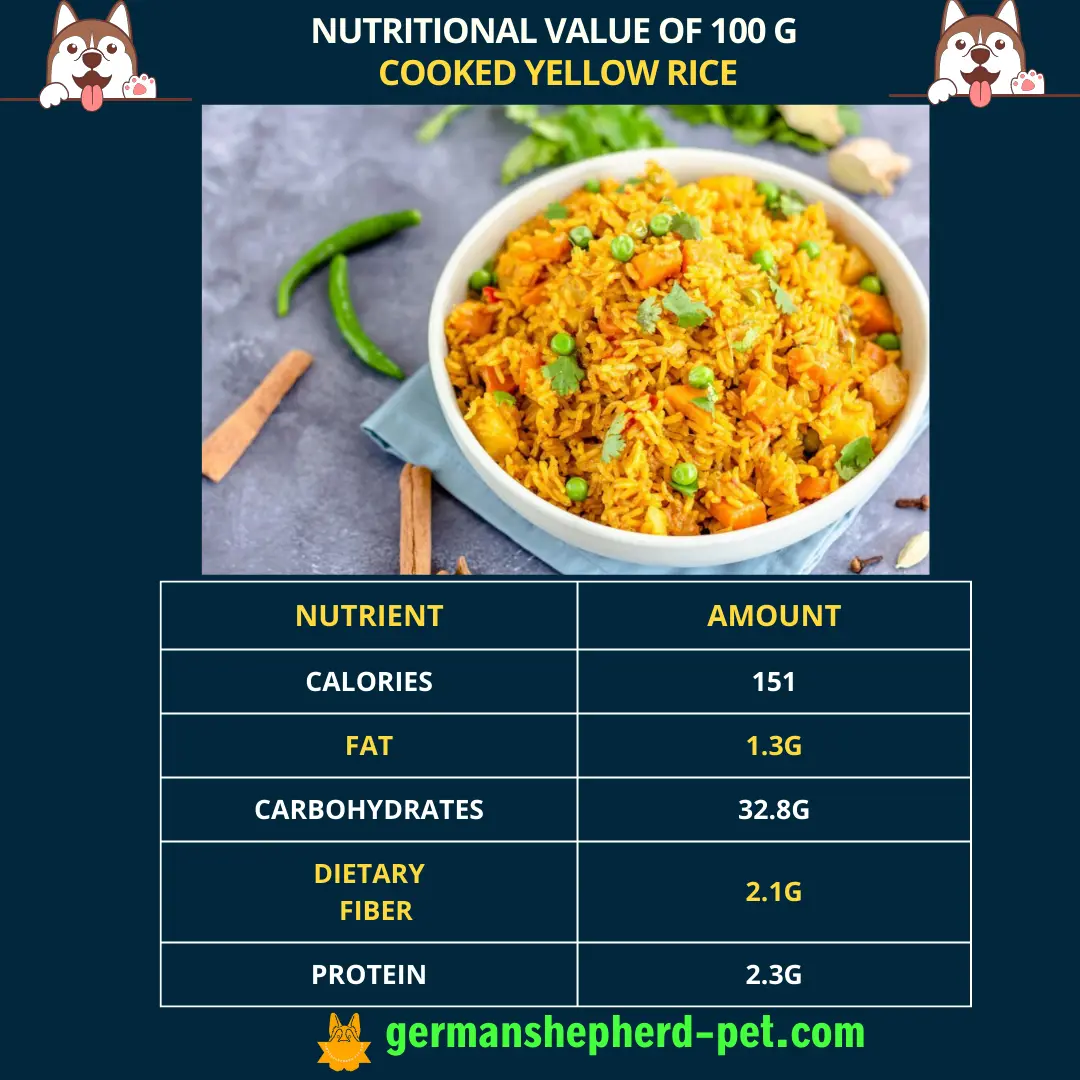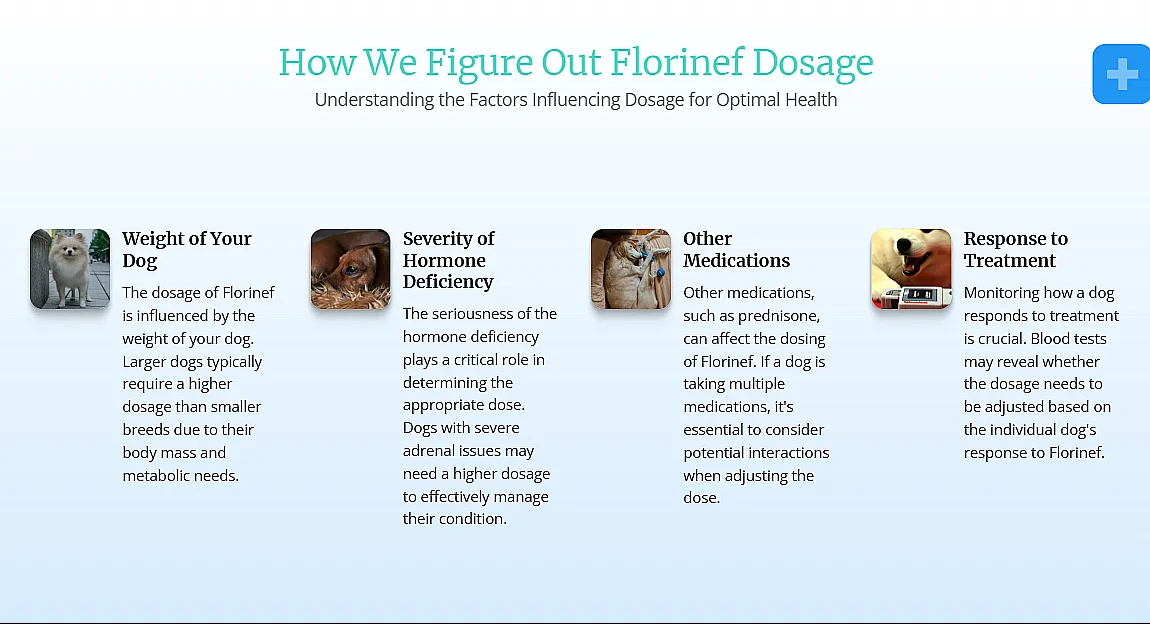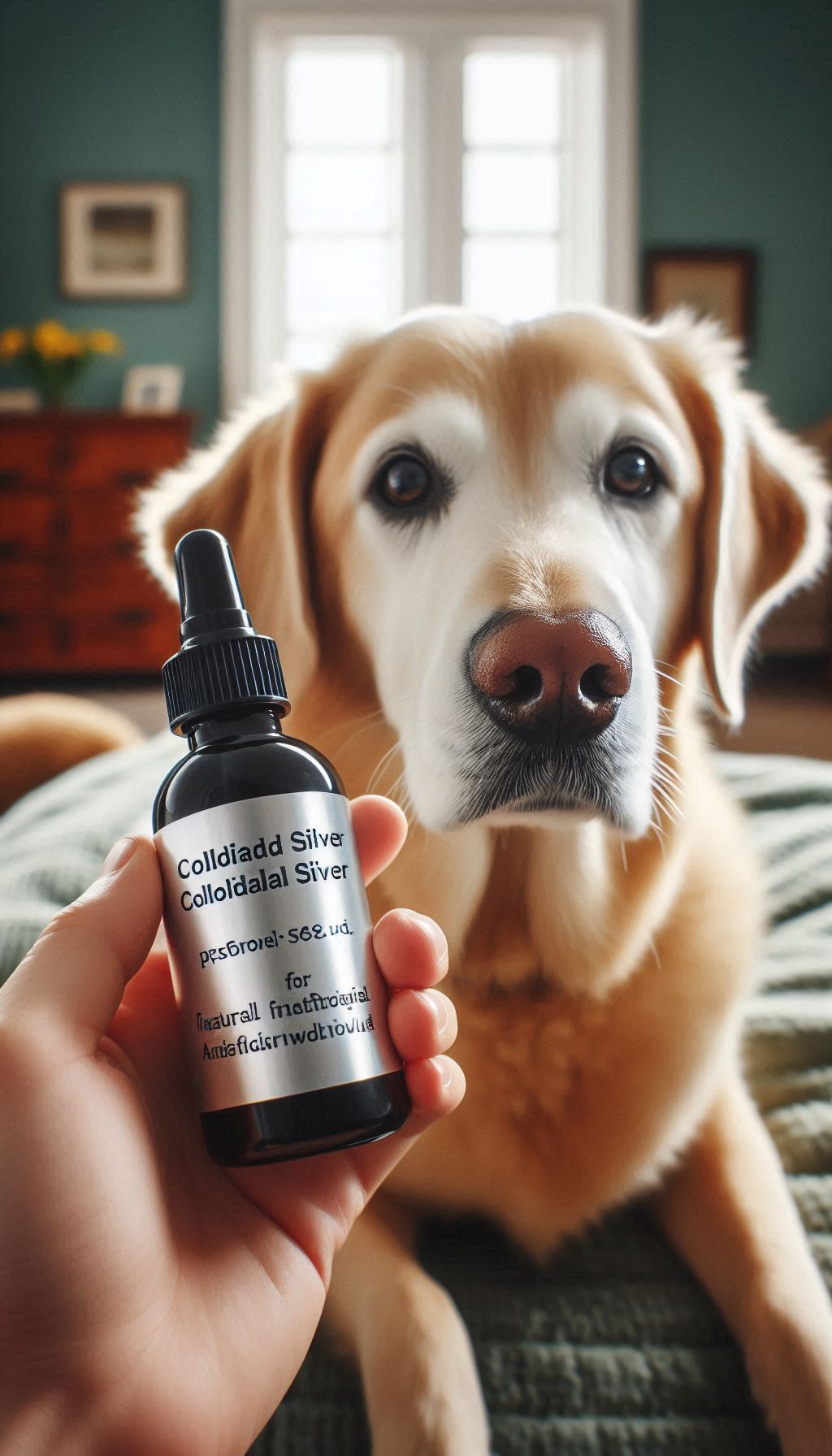Are you a dog lover who enjoys cooking meals for your furry friend? If so, you may have wondered whether yellow rice is a safe and healthy option for your pup.
While dogs are known for their love of food, not all human foods are safe for them to consume.
So, can dogs eat yellow rice? The answer is not as straightforward as you might think.
In this blog post, I will explore the benefits and potential risks of feeding your dog yellow rice, as well as provide guidance on how to incorporate this colorful grain into your pup’s diet safely.
Don’t miss out on this essential information that could help keep your pup happy and healthy!
Is Yellow Rice Safe for Dogs? (quick answer)
Yes, yellow rice is safe for dogs to eat. The amount of turmeric or saffron used to give it its yellow color is safe for dogs, and it can be a great source of nutrition if prepared properly. However, it is important to ensure that the rice is cooked before being fed to your pet, as giving them uncooked yellow rice can lead to digestive problems.
What is Yellow Rice?
Yellow rice is a type of rice that is cooked with turmeric or saffron to give it a yellow color.
It is a popular dish in many parts of the world. Turmeric is often used as an antioxidant and anti-inflammatory, while saffron is known for its distinctive flavor and aroma.
Both of these ingredients can provide valuable health benefits for dogs, making saffron rice a potential option for your pup’s diet.
However, it’s important to make sure that the yellow rice you feed your pup is unseasoned so that it doesn’t contain any potentially harmful ingredients.
Nutritional Value

What are the Benefits of Yellow Rice for Dogs?
1. It can help relieve digestive problems in dogs. It is high in fiber and low in fat, which makes it an excellent choice for those with digestive disorders.
2. It is also rich in antioxidants, which can help protect your pet against diseases and promote their overall health.
3. It can provide soothing relief for upset stomachs or diarrhea, as long as it is cooked correctly and unseasoned.
4. It can also help stimulate your dog’s appetite, allowing them to get the nutrition they need to stay healthy.
5. It is a great source of vitamins and minerals, such as iron and magnesium, which help keep your pup healthy and strong.
What are the Risks of Yellow Rice for Dogs?
Though yellow rice is generally safe, there are some potential risks that you should be aware of.
Firstly, some varieties of turmeric rice contain spices and seasoning that may be harmful to your furry friend.
The most common ingredients that could be dangerous are turmeric and saffron, which can be toxic in large amounts.
Additionally, feeding your furry friend too much yellow rice can lead to obesity and other weight-related health issues.
Lastly, uncooked turmeric rice may contain bacteria or parasites that can cause food poisoning in pups, so make sure the rice is cooked properly before serving it to your pup.
Should I Feed my Dog Uncooked Yellow Rice?
No, you should not feed your dog uncooked yellow rice. While turmeric rice is generally safe for dogs, it should always be cooked.
Uncooked rice can contain harmful bacteria that can cause food poisoning and other digestive issues in pups.
Additionally, uncooked rice can be difficult for dogs to digest and may lead to intestinal blockage or other gastrointestinal problems.
For this reason, it is best to only feed your furry friend cooked turmeric rice.
Can My Dog Eat Yellow Rice Every Day?
No, your dog should not eat yellow rice every day. While it can be beneficial to offer them yellow rice occasionally, eating it every day can lead to gastrointestinal issues like diarrhea.
Additionally, commercial dog food is nutritionally balanced and contains carbohydrates, so adding additional high-carb foods like yellow rice could cause your pup to become overweight.
As such, turmeric rice should be fed in moderation and never more than three times a week.
Final Thought
While yellow rice can be a tasty and nutritious addition to your pup’s diet, it’s important to exercise caution and moderation when feeding it to them.
As with any human food, it’s essential to ensure that it’s safe for your furry friend to consume, and to introduce it slowly and in small amounts.
Turmeric rice can offer a range of benefits, such as providing essential nutrients and aiding in digestion, but it’s not suitable for all dogs, particularly those with certain dietary restrictions or health issues.
Ultimately, as responsible pet owners, it’s up to us to make informed decisions about what we feed our dogs and to prioritize their health and well-being above all else.
By taking the time to research and understand the potential benefits and risks of feeding your furry friend saffron rice, you can make a thoughtful and informed decision that’s best for your furry friend.
So, if you’re considering adding saffron rice to your dog’s diet, we encourage you to do so with care and attention and to consult with a veterinarian if you have any concerns or questions.
With the right approach, yellow rice can be a delicious and healthy treat that your furry friend will love.











